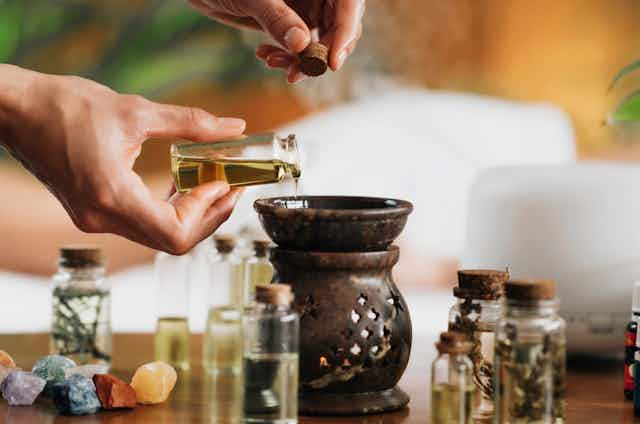
Traditional medicine, with its roots deeply embedded in cultural heritage, unveils a tapestry of healing practices that have withstood the test of time. In this exploration, we delve into the intricacies of traditional medicine, examining its philosophies, methods, and the profound impact it continues to have on global well-being.
The Philosophical Foundations
Traditional medicine operates on the philosophical foundation of “holistic equilibrium,” emphasizing the interconnectedness of the body, mind, and spirit. This approach views health as a state of balance and harmony, with illness perceived as an imbalance that disrupts the natural flow of energy. Practitioners aim to restore equilibrium through a comprehensive understanding of the individual’s unique constitution and life force.
Within the realm of traditional medicine, holistic equilibrium serves as the guiding principle for healing.
1. Herbal Alchemy: Nature’s Pharmacopeia
Herbal alchemy, a cornerstone of traditional medicine, involves the intricate utilization of plant-based remedies. The term “phytotherapeutic prowess” encapsulates the profound healing potential found in botanical compounds. Traditional healers leverage the phytotherapeutic prowess of plants to address a spectrum of ailments, from common maladies to more complex health challenges.
Exploring the world of herbal alchemy unveils nature’s pharmacopeia and its role in traditional healing.
2. Energetic Flow: Balancing Life Forces
Central to traditional medicine is the concept of “energetic flow,” which recognizes the vital life forces that circulate within the body. Practitioners seek to harmonize these energies through practices like acupuncture, where precise points on the body are stimulated to regulate the flow of energy. The term “meridian mastery” highlights the expertise required to navigate and balance the intricate network of energetic pathways.
Within the paradigm of energetic flow, meridian mastery stands as a testament to the precision of traditional healing.
3. Ritualistic Healing Ceremonies
Traditional medicine often incorporates ritualistic healing ceremonies that transcend the physical realm. These ceremonies, rooted in “spiritual symbiosis,” involve a profound connection between the healer, the patient, and the spiritual realm. Spiritual symbiosis acknowledges the role of spirituality in healing and considers the holistic nature of well-being that extends beyond the physical body.
Participating in ritualistic healing ceremonies is a cultural and spiritual journey toward holistic wellness.
4. Diagnostic Arts: Reading the Body’s Language
Traditional healers are adept in the “diagnostic arts,” where they skillfully interpret the body’s language to identify imbalances. The term “pulsology proficiency” refers to the mastery of reading pulse patterns, a diagnostic technique prevalent in traditional medicine. Pulsology proficiency allows practitioners to glean insights into the state of internal organs, energy flow, and overall health.
The diagnostic arts, with pulsology proficiency at its core, offer a nuanced understanding of the body’s intricate communication.
Preserving Cultural Heritage
Traditional medicine is not merely a set of techniques; it is a custodian of cultural heritage. The term “ancestral apothecary” evokes the idea of preserving ancient healing knowledge passed down through generations. Ancestral apothecaries are repositories of traditional remedies, ensuring that the wisdom of the past continues to inform contemporary approaches to health and wellness.
Preserving cultural heritage through the lens of ancestral apothecaries safeguards the legacy of traditional healing practices.
Adapting to Modern Challenges
Traditional medicine is not stagnant; it adapts to meet the evolving health challenges of the modern world. The term “integrative resilience” signifies the seamless integration of traditional healing practices with modern healthcare approaches. Integrative resilience acknowledges the complementary nature of traditional and modern medicine, fostering a comprehensive and patient-centered approach to well-being.
Embracing integrative resilience paves the way for a harmonious coexistence between traditional and modern healthcare paradigms.
Conclusion: A Living Legacy of Healing Wisdom
As we unravel the intricacies of traditional medicine, we witness a living legacy of healing wisdom that continues to enrich global health practices. From the philosophical foundations of holistic equilibrium to the herbal alchemy of phytotherapeutic prowess, traditional medicine offers a profound understanding of well-being rooted in time-tested principles.
Embracing the diverse facets of traditional healing allows us to appreciate the depth and resilience of this timeless and universal approach to health.
© 2024 WisdomHeals. All rights reserved.